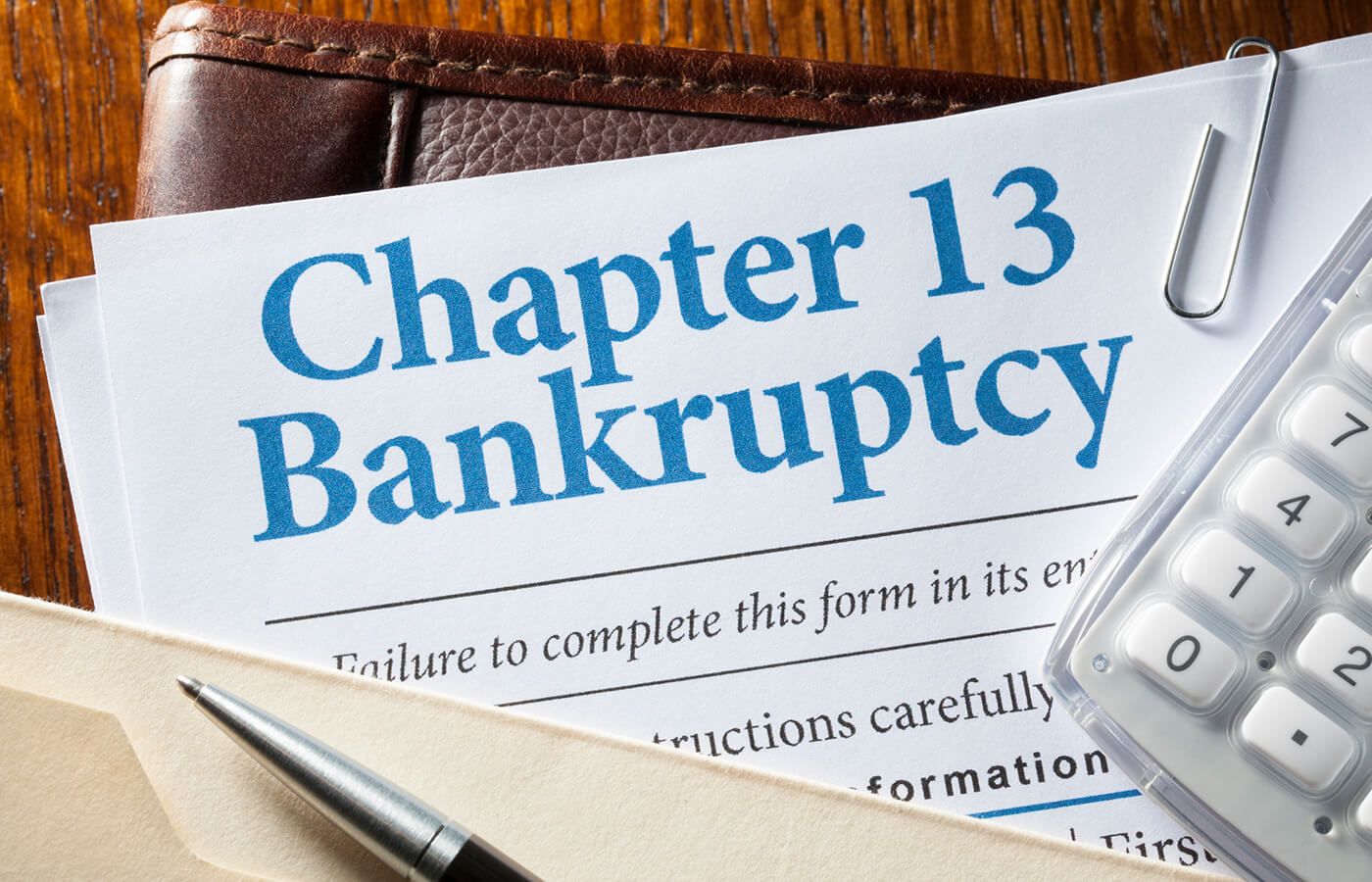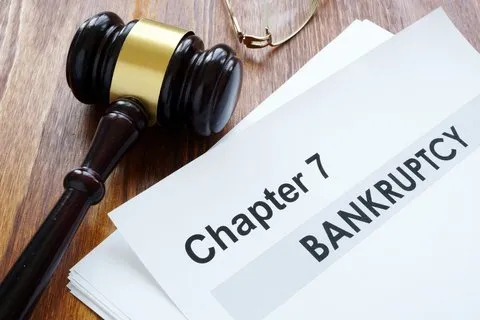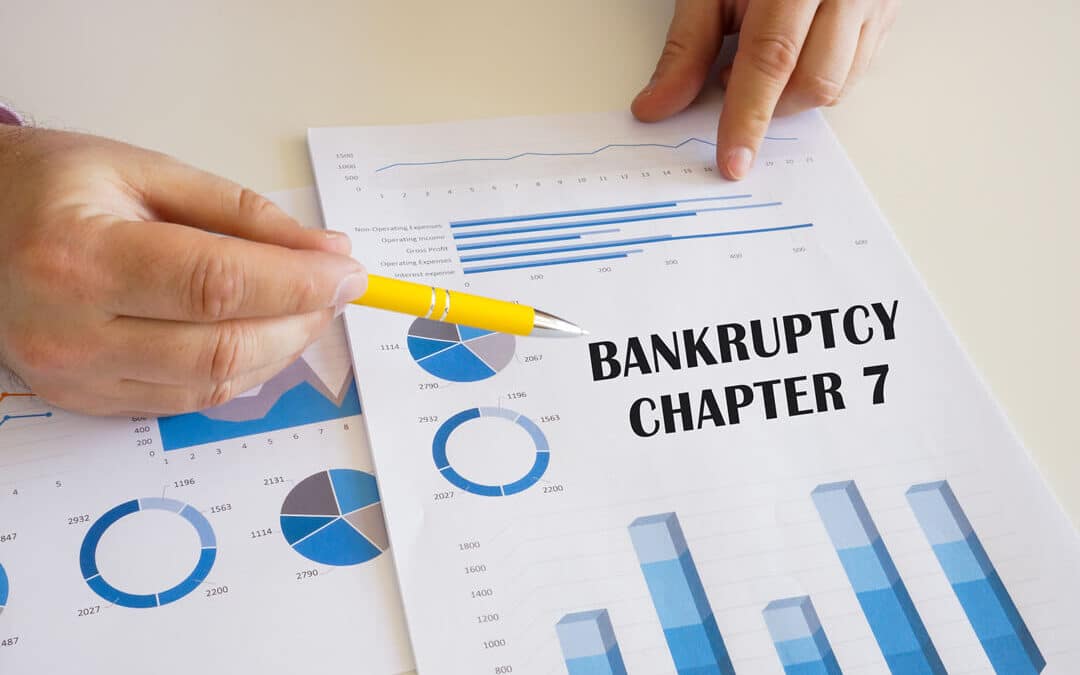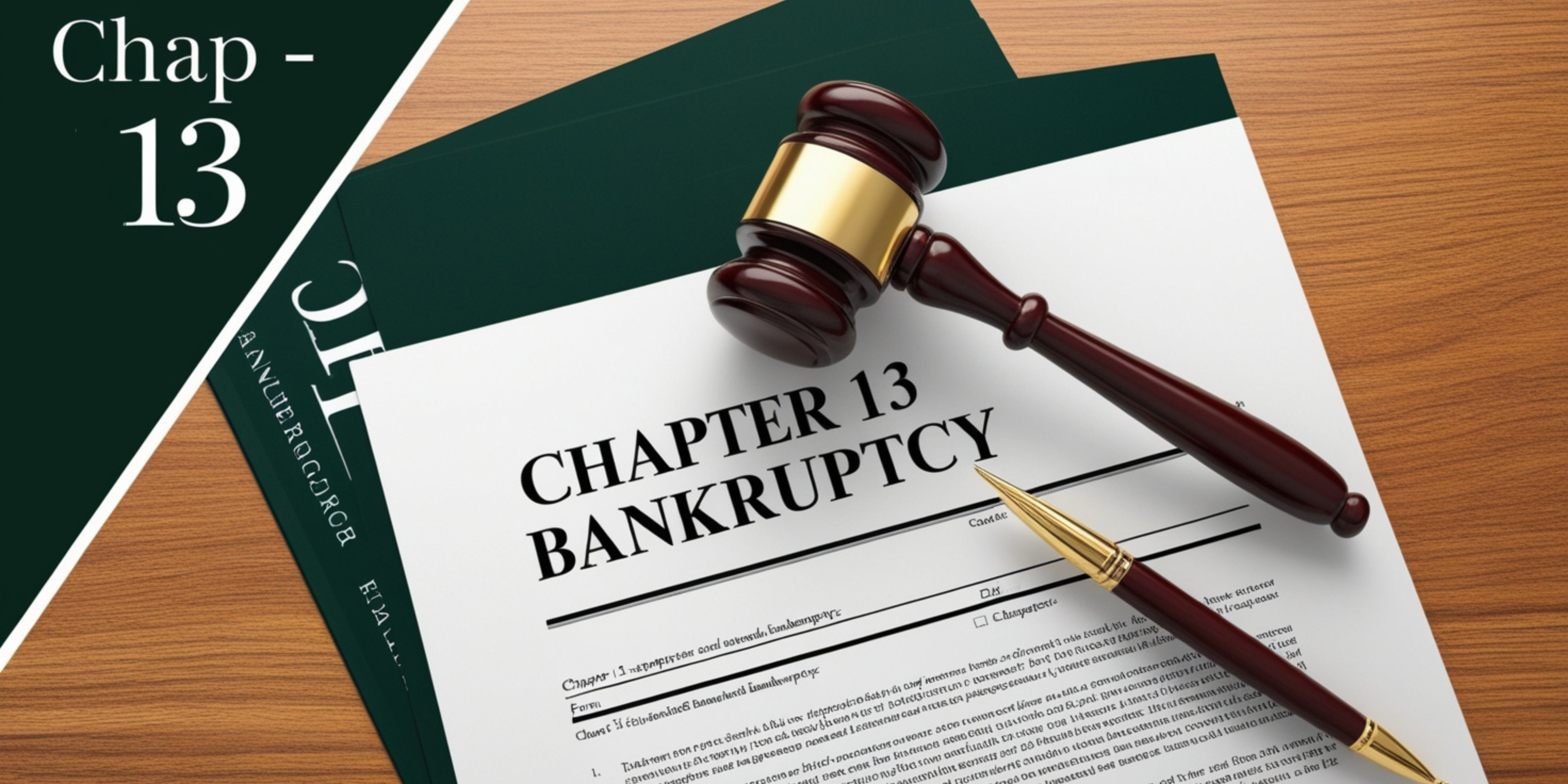Chapter 13 bankruptcy offers a comprehensive solution for individuals seeking debt relief while maintaining a steady income. It enables you to restructure and consolidate your debt, reduce the total amount owed, and repay it over 3 to 5 years. By consolidating your debts under a debt relief program, you can manage payments effectively while protecting essential assets. This plan is ideal for those looking to achieve freedom from debt without losing valuable property.
Avoid Repossession with Chapter 13
Filing for Chapter 13 bankruptcy allows you to prevent repossession, especially of critical assets like your vehicle. An automatic stay is placed on all creditors upon filing, halting collection actions, including repossession. With debt consolidation programs included in Chapter 13, you can restructure your car loan, making monthly payments more affordable. This not only protects your vehicle but helps you manage your overall debt servicing needs effectively.
Stop Foreclosures with Chapter 13
Chapter 13 can halt foreclosure proceedings, giving you the chance to save your home. The automatic stay stops any ongoing foreclosure actions, allowing you to catch up on missed mortgage payments. By incorporating debt consolidation into your debt relief plan, you can repay your arrears over 3 to 5 years while keeping your home safe from foreclosure. This strategy ensures long-term relief from debt while protecting your most significant assets.
Restructure Tax Debt with Chapter 13
Tax debt can be overwhelming, but Chapter 13 offers the opportunity to restructure and potentially reduce your tax obligations. Unlike debt settlement options, which may not cover taxes, Chapter 13 allows you to integrate your tax debt into a manageable repayment plan. This solution provides debt reduction services for individuals struggling with IRS debt, allowing them to repay what they owe in a structured manner.

Protect Your Assets with Chapter 13
One of the biggest benefits of Chapter 13 bankruptcy is the ability to protect valuable assets. Filing for Chapter 13 shields your property from liquidation or repossession. This is a critical distinction between Chapter 13 and other forms of bankruptcy like Chapter 7. By utilizing debt settlement and debt consolidation as part of your bankruptcy filing, you can work towards paying off your debts while safeguarding your most important possessions.
National Debt Relief and Freedom Debt Relief Programs
For individuals exploring options beyond Chapter 13, companies like National Debt Relief USA and Freedom Debt Relief company offer reputable debt relief programs. These programs focus on debt reduction, helping you lower your total debt owed by negotiating with creditors. Whether you're seeking credit card loan forgiveness or exploring government debt relief programs, these companies can provide personalized solutions to achieve freedom from debt.
Additional Debt Relief Options
Beyond Chapter 13, there are other debt management strategies, such as debt consolidation programs, credit card debt relief, and loan to pay off debt options. These solutions are designed to help you pay off debts more efficiently and manage your financial obligations without overwhelming interest rates. Accredited debt reviews can also offer insights into the best programs tailored to your unique situation, such as debt credit card relief for individuals dealing with high credit card balances.
Conclusion
Chapter 13 bankruptcy is a powerful tool for achieving long-term debt relief. It provides a structured plan to pay off debts, avoid repossession, and protect your assets while restructuring your financial obligations. Whether you choose to explore us national debt relief through debt settlement or pursue freedom from debt with the help of programs from National Debt Relief USA, Chapter 13 offers a viable path to financial recovery. By utilizing the right debt reduction services, you can rebuild your financial future with confidence.
Chap - 7

Chapter 7 is the most straightforward and affordable form of bankruptcy, ideal for discharging unsecured debts such as credit card debt, medical bills, and personal loans. Once your case is filed, most of these debts will be discharged within 3-4 months, providing immediate relief from debt. If you're overwhelmed by creditor demands and unable to manage payments, Ken Abbas can guide you through the process. Immediately upon filing, creditors will no longer be allowed to contact or collect from you. Reach out to us today to see if Chapter 7 bankruptcy is the right solution for you.
Tackling Medical Bills
Medical expenses are a leading cause of financial hardship for millions of Americans, often leaving them with thousands of dollars in medical debt. You shouldn't have to choose between your health and your financial future. With Chapter 7 bankruptcy, medical debt can be completely wiped out, offering a clean slate and a fresh start on the road to financial recovery. Whether you're dealing with creditor harassment or wage garnishment, bankruptcy can provide debt relief and peace of mind.
Wage Garnishment & Bankruptcy Protection
If a creditor sues you and obtains a wage garnishment order, they can take up to 25% of your paycheck under federal law. Filing for Chapter 7 bankruptcy can stop wage garnishment immediately, thanks to the automatic stay that goes into effect once your case is filed. This legal protection halts creditor collection efforts, including wage garnishment, and may even allow you to recover funds taken in the 90 days before filing.
Protecting Your Driver's License
If you're uninsured and involved in a car accident, a creditor may file a lawsuit against you, potentially leading to a suspended driver's license. Filing Chapter 7 bankruptcy can stop the lawsuit and discharge the amount owed. Moreover, if your license was suspended due to the accident, bankruptcy can help reinstate it quickly, giving you a path to financial freedom and mobility.


Relief from Parking Tickets
Parking tickets are another common source of debt, especially for those facing license suspension as a result. In certain cities, including Chicago, filing for Chapter 7 bankruptcy can reduce or eliminate ticket-related debt. Chicago, for example, offers a Fresh Start Program that waives fines and penalties, allowing you to reinstate your license and reduce your overall debt servicing burden.
Personal Loans and Credit Card Debt
Personal loans can often feel like a lifeline but quickly turn into a burden when high interest rates and fees pile up. Chapter 7 bankruptcy offers a solution by eliminating personal loan obligations, giving you relief from debt and a way out of the endless cycle of payments and interest. The same goes for credit card debt, which can spiral out of control with late fees, high interest rates, and collection calls. Filing for bankruptcy halts these collections, stops lawsuits, and helps you regain control of your finances.
Lawsuits and Legal Protection
If you're facing a lawsuit due to unpaid debts, filing for Chapter 7 bankruptcy will prevent the case from moving forward. Whether you're dealing with a credit card debt relief case, medical debt, or an uninsured auto accident, bankruptcy will stop the legal proceedings and, in most cases, eliminate your financial liability.
Debt Consolidation and Debt Relief Options
While Chapter 7 bankruptcy offers a clear path to debt relief, other options such as debt consolidation, debt settlement, and debt reduction services may also be worth exploring. National Debt Relief and Freedom Debt Relief company are reputable organizations that provide tailored debt relief programs to help individuals manage and reduce their debts. Whether you're looking for credit card loan forgiveness or exploring government debt relief programs, these companies offer a range of options for achieving freedom from debt.
For those seeking debt consolidation programs or ways to pay off debts, a personalized approach that fits your unique financial situation is essential. With guidance from us national debt relief or accredited debt reviews, you can explore the best strategies for achieving lasting debt relief.
Conclusion
Chapter 7 bankruptcy is an effective way to eliminate unsecured debts and regain control of your financial life. Whether you're dealing with medical bills, credit card debt, or legal actions, filing for bankruptcy offers a clean slate. If Chapter 7 isn't the right fit, consider exploring alternatives like debt consolidation or debt reduction services through trusted programs such as National Debt Relief USA or Freedom Debt Relief. These services provide structured solutions to help you achieve long-term relief from debt and financial stability.

